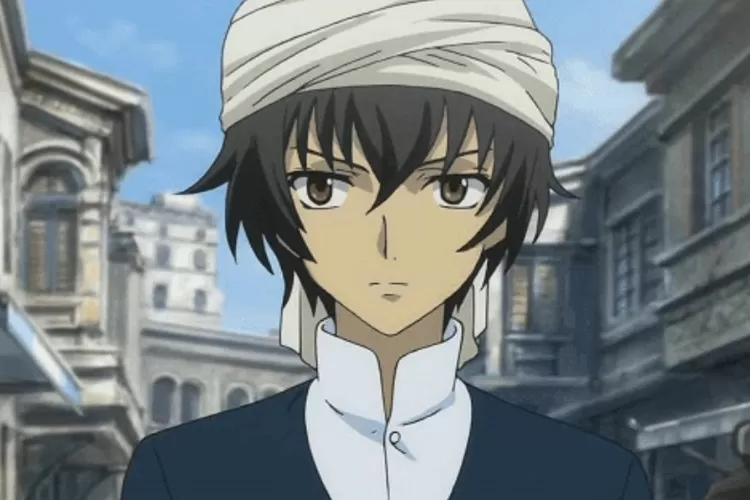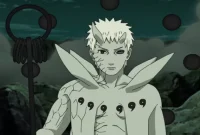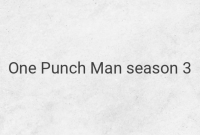Anime has long been known for its ability to incorporate elements from different cultures and religions to enhance the depth and richness of its stories. One aspect that often sparks intrigue and speculation among fans is the portrayal of characters believed to have connections to Islam or Muslim identities.
One such character is Yugo Beppu from an anime series. In his story, Yugo finds himself negotiating in Pakistan, which showcases Islamic aspects such as prayer. This portrayal adds a layer of cultural authenticity and immersion to the narrative.
Another character that has been associated with Arab culture and potentially Muslim identity is Quatre Raberba Winner. Observant fans have noticed his lifestyle choices, which align with Islamic practices and beliefs. While it is not explicitly stated in the anime, these subtle hints create room for interpretation and speculation.
Sousuke Sagara, a character known for his disciplined nature, has also become a subject of speculation regarding his Muslim identity. His refusal to consume alcohol and pork, both prohibited in Islam, has led fans to question whether he follows the teachings of Islam.
Setsuna F Seiei, hailing from a Kurdish background and influenced by Middle Eastern culture, is another character believed to have affiliations with Islam. These influences, combined with his portrayal as a complex and conflicted individual, have sparked discussions about his potential connection to the religion.
It’s worth noting, however, that not all characters associated with Islamic influences embody Muslim identities accurately. Aisha, whose name bears similarity to the wife of Prophet Muhammad, is often associated with Islam. However, her behavior and portrayal do not reflect the characteristics typically associated with a Muslim character. This emphasizes the importance of recognizing that these characters are fictional creations, and their connections to Islam should be viewed as interpretations rather than definitive representations.
One controversial scene in an anime series involved Dio Brando opening the Quran. This depiction received various responses from viewers, with some expressing concern and others seeing it as a way to add depth and complexity to the character. Regardless of the intention behind the scene, it highlights the power of anime to evoke strong reactions and spark discussions about religion and culture.
Interestingly, there are moments in anime where certain characters imply the existence of a single creator, aligning with Islamic teachings. One example is Onyankopon from Attack on Titan, who indirectly alludes to the concept of a higher power through his dialogue. While not explicitly stated, these subtle references offer fans a chance to explore themes and ideas inspired by Islam.
It is crucial to remember that anime is a form of entertainment, and the incorporation of different cultural and religious elements should be seen as a means to enhance storytelling rather than a definitive portrayal of real-world beliefs. These characters and their connections to Islam spark speculation and curiosity among fans, adding to the diversity and complexity of the anime universe.
In conclusion, anime’s incorporation of elements from different cultures, including Islam, adds depth and diversity to its stories. Characters believed to have connections to Islam invite interpretation and speculation from fans. Whether it’s Yugo Beppu negotiating in Pakistan or Sousuke Sagara’s refusal to consume alcohol and pork, these subtle portrayals provide glimpses into Islamic influences within the medium. However, it’s important to remember that these characters are fictional creations, and their connections to Islam should be viewed as interpretations rather than definitive representations.




